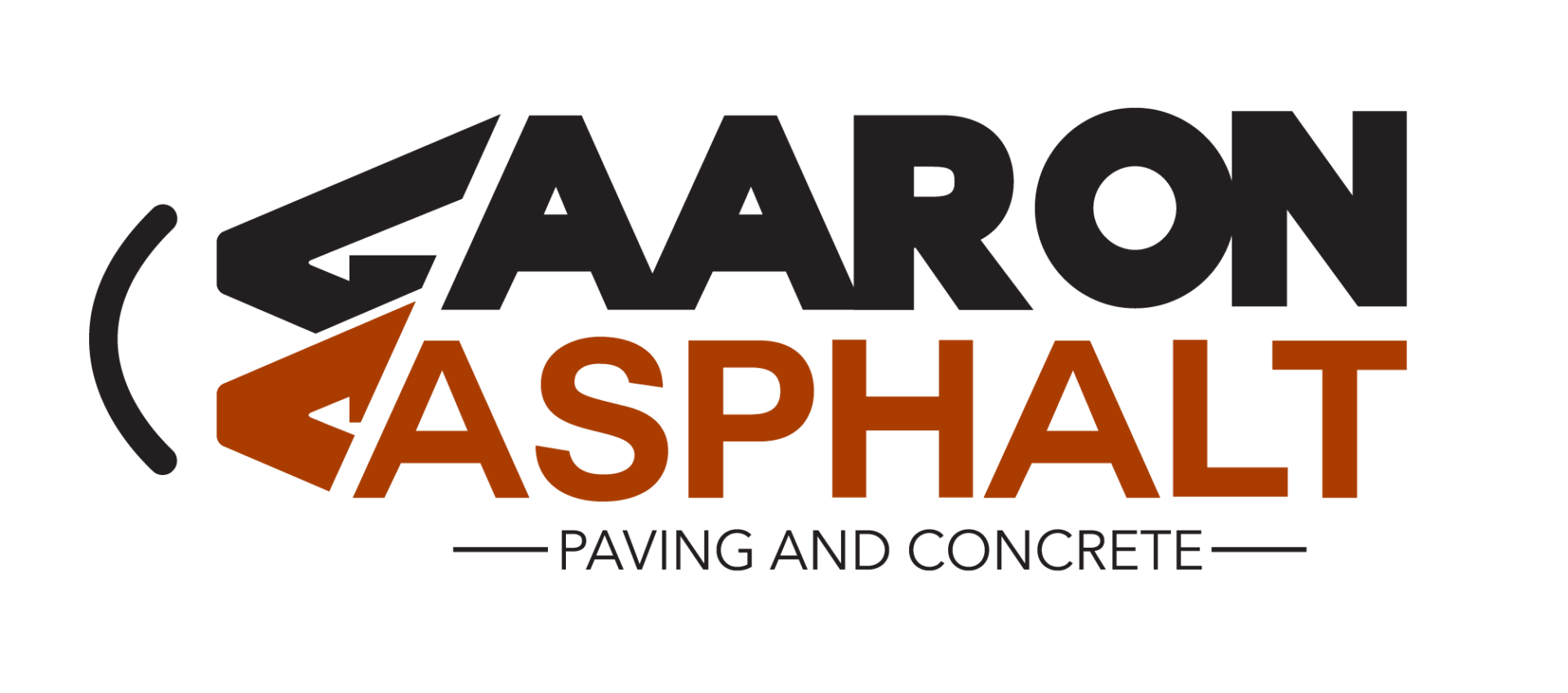frequently asked questions
Will we need to close our business in order to complete my parking lot project?
In most cases no, we work closely with owners and property managers to complete projects swiftly and efficiently while creating the least amount of impact on the customer. utilizing after hours schedules is a tool often used to mitigate impact on business.
How long after my project is paved can I drive on it?
Can I repave my existing asphalt without completely removing the old asphalt?
If my asphalt only has a few bad areas can I get a quality repair that makes my whole parking area/ driveway look new?
Yes, it is common practice to complete patch repairs on only the damaged areas. After repairs are complete you can have your asphalt cleaned and seal coated to give it a new solid black look that also protects your pavement for years to come.
How long will it take to complete my project?
What types of asphalt paving projects do you handle for residential and commercial customers?
What asphalt repair and maintenance services do you offer?
Our repair services include pothole patching, crack filling, sealcoating, and full‑depth asphalt repairs to restore smoothness, prevent further deterioration, and extend the life of your pavement.
How long can I expect my new asphalt surface to last?
Do you adhere to ADA and other accessibility regulations for commercial striping?
Absolutely. We design and stripe to meet all federal, state, and local codes—including correct dimensions for accessible stalls, signage, ramps, and crosswalks—to ensure your lot is fully compliant and safe.
